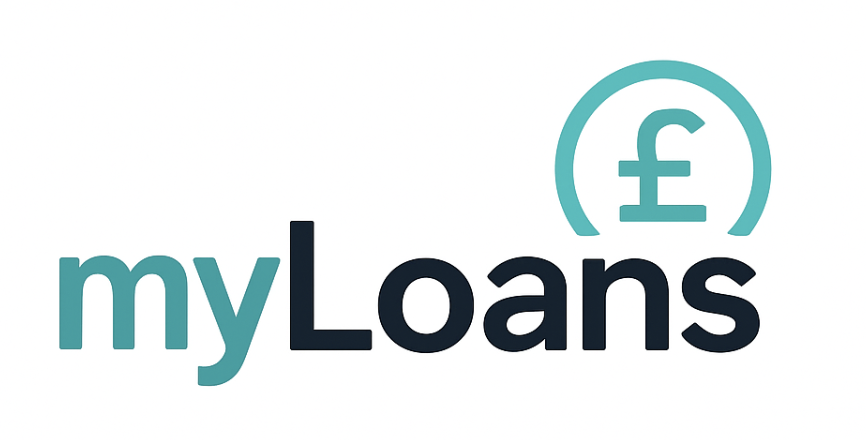Clear Homeowner Loan Guides for UK Borrowers
Homeowner loans, also known as secured loans, let you borrow money using your property as collateral. Because the lender has security, you may be able to:
-
Borrow larger amounts than with unsecured loans
-
Access lower interest rates (if you have sufficient equity)
-
Spread repayments over a longer term
However, the risk is clear: if you fall behind on repayments, your home could be repossessed.
👉 Related guides:
How Do Homeowner Loans Work?
-
Secured borrowing – You use your home as security.
-
Loan amount – Typically higher than unsecured products, based on your property value and equity.
-
Repayment term – Can range from a few years to decades.
-
Interest rates – Lower than personal loans, but variable depending on lender and credit profile.
📌 Always check lenders are authorised on the FCA Register.
Benefits of Homeowner Loans
✅ Higher borrowing amounts than personal loans
✅ Potentially lower APRs if you have strong equity
✅ Longer repayment terms make monthly payments more manageable
✅ Can be used for debt consolidation, home improvements, or large expenses
👉 Explore: Best Debt Consolidation Loans UK 2025
Risks of Homeowner Loans
⚠️ Your home is at risk if you cannot repay
⚠️ Longer repayment terms may mean paying more overall in interest
⚠️ Early repayment charges may apply
⚠️ Some lenders target bad credit borrowers with higher rates
👉 For impartial advice, see Citizens Advice – Secured Loans.
Who Are Homeowner Loans For?
These loans may suit borrowers who:
-
Own property with enough equity
-
Need to borrow larger amounts (e.g. £10,000+)
-
Want to consolidate multiple debts into one repayment
-
Are funding home improvements, education, or medical expenses
👉 Related guides:
Alternatives to Homeowner Loans
Before securing debt against your home, consider alternatives:
-
Unsecured Personal Loans – no property risk, but lower limits
-
Credit Cards – 0% balance transfers for smaller debts
-
Debt Consolidation Loans – for simplifying repayments
-
Credit Unions – community-based, lower-cost borrowing
📌 For help deciding, visit StepChange or National Debtline.
Why Trust My Loans?
✅ Independent homeowner loan guides for UK borrowers
✅ Clear explanations of secured borrowing, eligibility, and risks
✅ Tips for improving approval chances, even with imperfect credit
✅ Links to trusted resources:
Help to Buy Interest Rates
Understanding Help to Buy Interest RatesBuying a home is one of the most significant financial decisions you'll ever make, and understanding the various schemes available to help you get on the property ladder can be overwhelming. One of these options is the Help to...
Mortgage Types: A Comprehensive Guide
Mortgage Types: A Comprehensive GuideWhat is a Mortgage? A mortgage is a type of loan specifically designed to help you buy a property. When you take out a mortgage, you borrow money from a lender, such as a bank or building society, and repay it in monthly...
5k Deposit Mortgages: A Guide
5k Deposit Mortgages: A GuideBuying a home is a monumental achievement for many individuals. However, for first-time buyers, the financial barrier of saving for a large deposit often feels insurmountable. Fortunately, the housing market offers various mortgage...
Secured Homeowner Loans: Risks and Rewards
A Complete Guide to Homeowner Loans in the UK Introduction For many UK borrowers, a homeowner loan is one of the most flexible ways to access large amounts of money. These loans are secured against your property, making them available to a wide range of borrowers,...
Home Improvement Loans: What You Need to Know
Home Improvement Loans: What You Need to KnowAre you considering sprucing up your living space or making necessary repairs? Home improvement loans can be a great way to finance these projects. However, with so many options...






